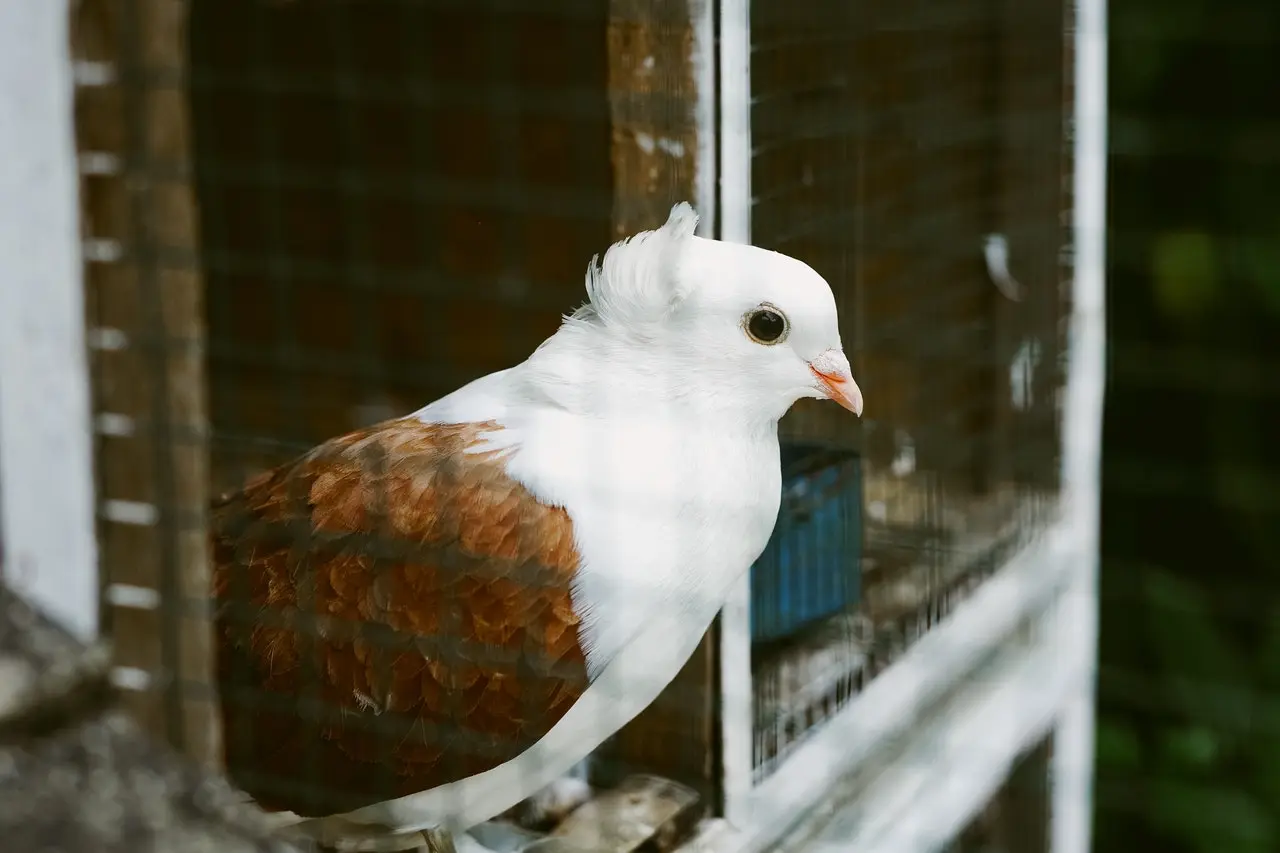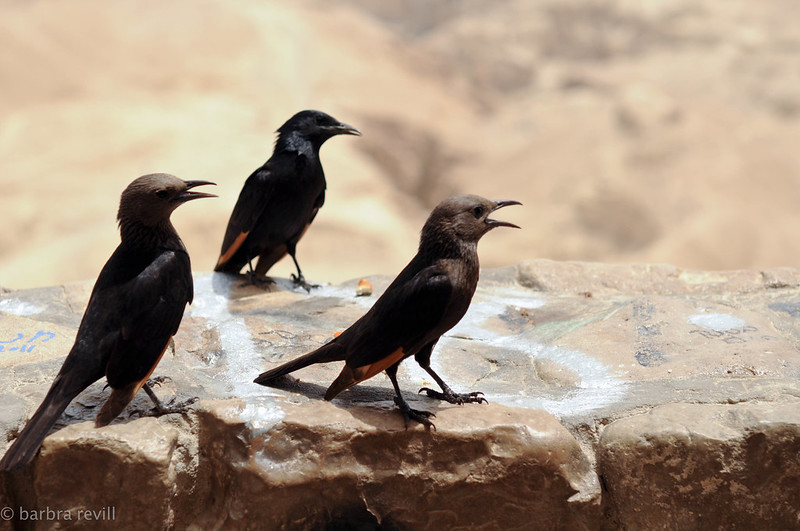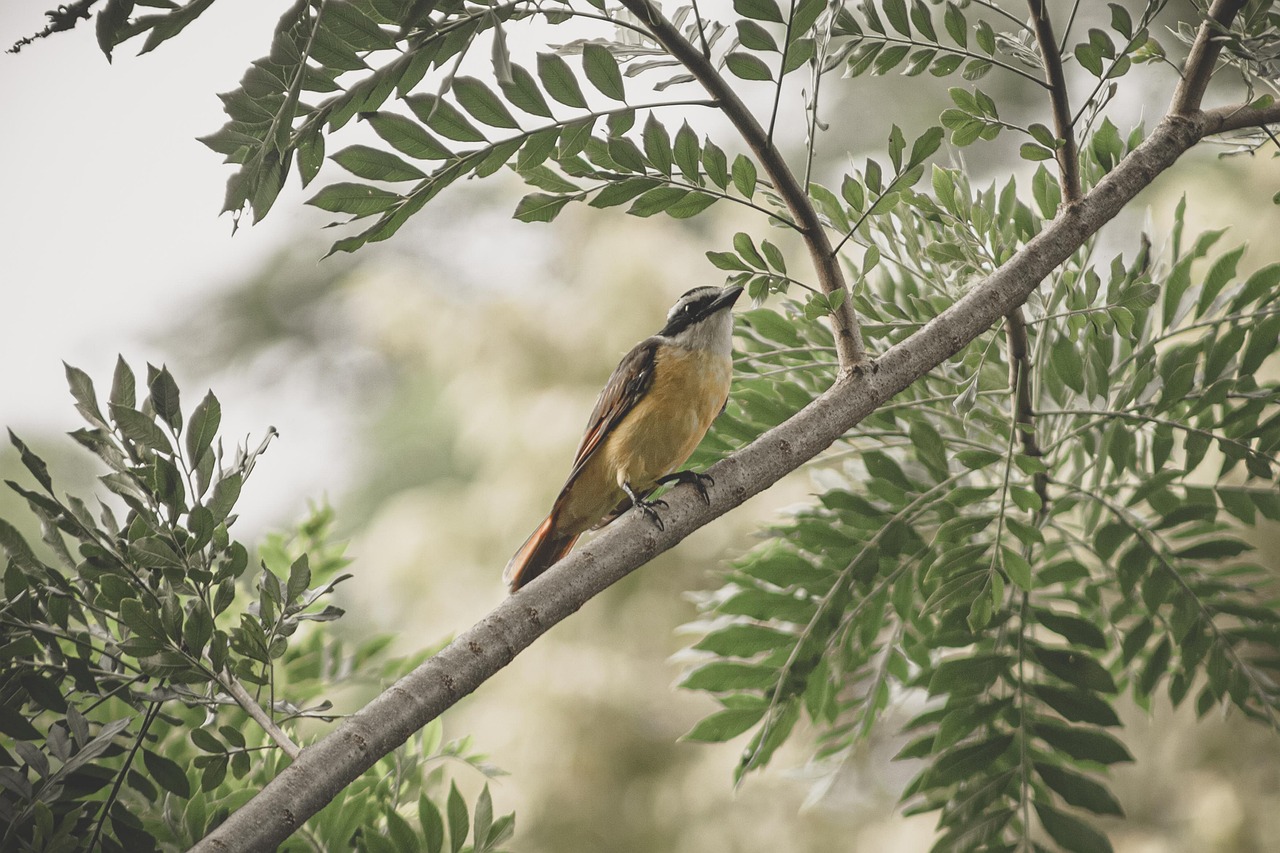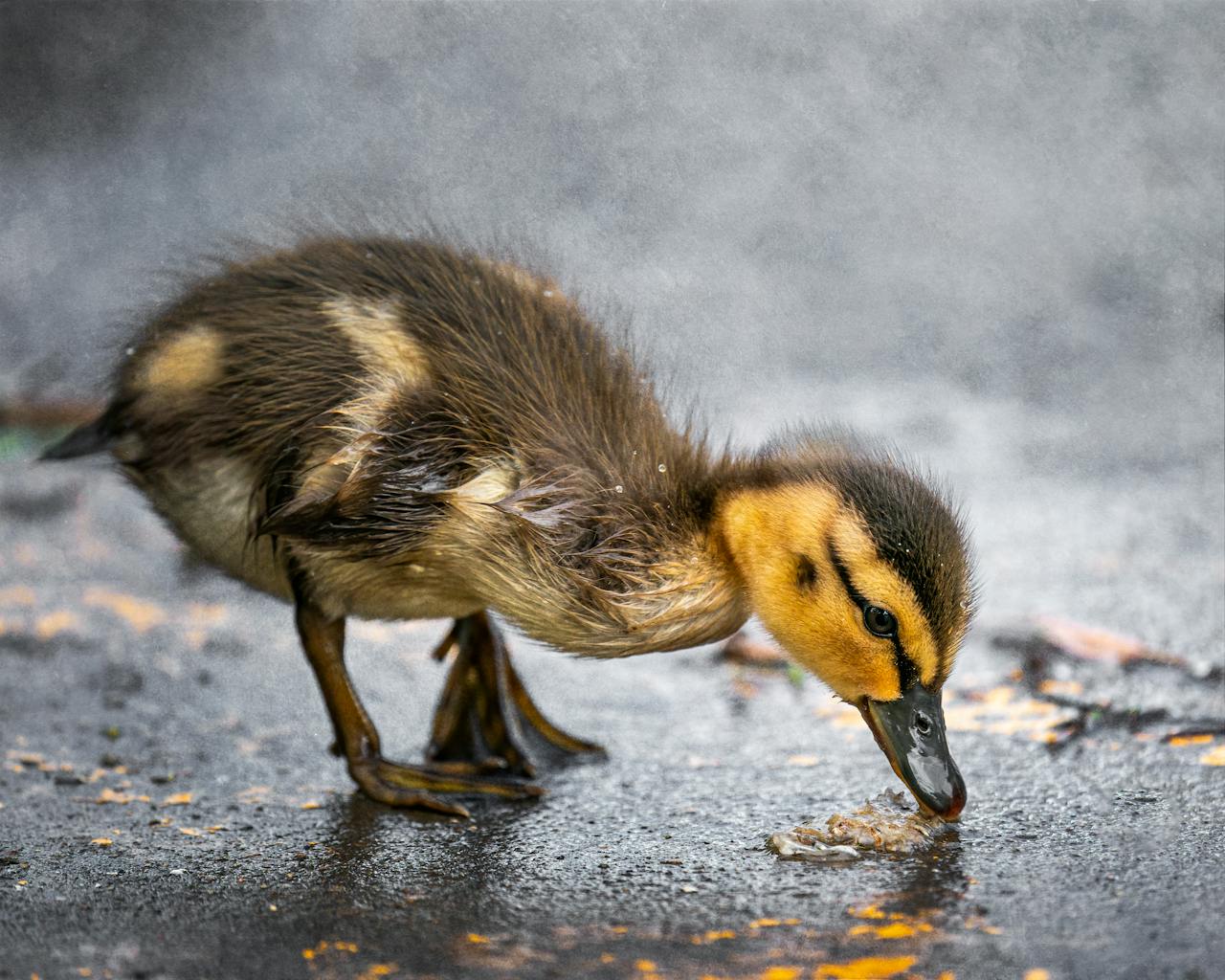Pigeons are generally considered as pests in urban areas. But some people do keep pigeons as pets at home. Keeping pigeons at home can cause various health problems. Pigeon droppings are the main source of diseases like encephalitis and histoplasmosis.
Pigeons are beautiful birds. They make good pets too. But they can also be very messy. Pigeon droppings and feathers can dirty your house if you let them in.
Some people say that pigeons are carriers of disease. But in truth, they are not very dangerous to humans. Many wild animals carry diseases, but that does not mean we should stay away from all of them!
Pigeons do carry a disease called Ornithosis which is similar to the flu. You can get infected with this disease if you breathe in dried pigeon droppings that contain the bacteria for Ornithosis. This is why it is important to clean up after pigeons and keep your house free from their droppings.
If you like pigeons, you can keep them as pets outside your home or in a well-ventilated shed or coop where their droppings can be removed easily. You will need to feed them daily, though!
They don’t need much care as they can feed themselves and look after themselves. They don’t even need a cage because they can come to your balcony and sit there if you offer them food. They don’t even need water as they can drink the rain water that falls on your balcony railing.
They only need your love and devotion which you will get back in return in abundance from them when they start trusting you.
Can You Keep a Single Pigeon?
Pigeons are very social creatures and do best in pairs. That said, a single pigeon will not be “lonely” or unhappy if you only keep one. A single pigeon will still coo and make the same happy sounds as any other pigeon does to show contentment. Pigeons are very loving creatures and will happily sit on your shoulder and eat from your mouth, just as they would if they were with another pigeon.
Pigeons are very social birds and most breeds do not thrive if kept alone. Pigeons can live for 15-30 years, so you might consider adopting a pigeon pair or an older pigeon that is already bonded with another bird.
In general, most pigeons are happiest when they have a mate. Pigeons form life-long bonds and share most of the care of the babies. They can be territorial, but they aren’t aggressive toward people. However, they will aggressively defend their territory and they may fight other birds or pets who come near it.
Pigeons make great pets! They’re friendly and clean, and they’re generally easy to train to do tricks or return to their home. These smarties can even be taught to race!
In fact, you can even keep a male and a female together without them breeding if you get them when they’re young enough. They make such lovely pets. I’ve had pigeons for years and love them dearly. The trick is to keep them in a contained area (like a balcony), even if your apartment has an open area outside it. Pigeons are very smart and will learn to fly back home.
Why Would a Pigeon Be Alone?
Pigeons are strong, social animals that thrive on the company of other birds. But in some cases, they may be forced to fly solo. Here are five reasons why a pigeon might be alone.
1. The pigeon been injured and can’t keep up with the flock
2. The pigeon lost his mate or offspring
3. A young bird who has just left home and hasn’t found his own territory yet
4. A pigeon that is an old bird who has been rejected by his flock because he’s too old to breed
5. He’s an adult bird who has been separated from his mate or offspring
Do Pigeons Need to Be In Pairs?
The simple answer is no. Pigeons do not have to be in pairs. Many pet stores sell baby pigeons as “pairs” but this is mostly for convenience. The two babies are usually male and female, however, and many people will breed them if they do not know how to separate the sexes (males often need to be surgically separated from females).
Pigeons do not necessarily need to be in pairs. But like most animals and humans, they get along a lot better with company. So if you decide to keep two pigeons, they will most likely become mates.
Pigeons are social creatures that live in groups. They do not, however, need to be in pairs. If you have a male and female pigeon, they will form a pair and try to breed. Pigeons mate for life, so if one of the pair dies, the other becomes lonely and may make loud noises or be less active.
The typical pigeon pecking order is established early in life by their parents. A young male (called a squab) will often be chased away from the nest by his father when he is about three months old. The male then finds his own place to roost and will spend his time with other young males until he reaches sexual maturity around one year of age.
If you have an older pigeon that has been without a mate for a few weeks or more, it might be beneficial to find it another companion. If your pigeons are not breeding birds then it is important to make sure they are both the same sex so they don’t start trying to breed. The best way to tell if they are the same sex is by looking at their feet: males usually have red or yellow legs while females usually have gray or brown legs (although this can vary depending on the subspecies).
Is It Legal to Keep Pigeons as Pets?
Pigeons are strictly regulated in the United States. They’re considered migratory birds, and it’s illegal to keep them as pets, although there are some exceptions.
The Migratory Bird Treaty Act of 1918, which governs pigeons and many other bird species, prohibits the possession of all but a few species of birds without a permit. Those permits are only issued to falconers and researchers, who have to comply with additional restrictions. There’s no exception for pet owners.
However, the federal government recognizes that some people already have pigeons as pets, and it allows them to keep those birds. The law grants an exemption to pet owners who can prove they legally obtained their pigeons before June 4, 1980 (the day the rule took effect). So if you’re one of those people, you can continue to keep your pigeon. But you can’t get a new pigeon unless you meet one of the other exceptions listed above.
This is different from state law in some cases. California allows anyone to keep up to four pigeons as pets without any special permission or paperwork — although local ordinances may impose additional rules on pet owners.
You need to check the laws in your area. Some cities have bans on pigeons or similar birds due to the mess they can make if not properly cared for, so you’ll want to be sure it’s legal to keep one before you go out and get one. Your local police department or animal control office should be able to help with this.
You’ll also want to check with your landlord if you rent, as pigeons can be very messy and won’t do any favors for your security deposit.
Pigeons are fairly easy pets to care for, but they will require some amount of time and attention every day. They need fresh food and water, clean bedding, and their cage needs cleaned regularly. They will also enjoy time outside of the cage, so you’ll need space for them to fly around safely (and preferably without other animals nearby who might see them as prey).
Finally, keep in mind that pigeons are social animals and do best when kept with another pigeon, either a friend or a mate. If for whatever reason having two isn’t an option, you’ll need to spend more time interacting with your pigeons.





Leave a Reply